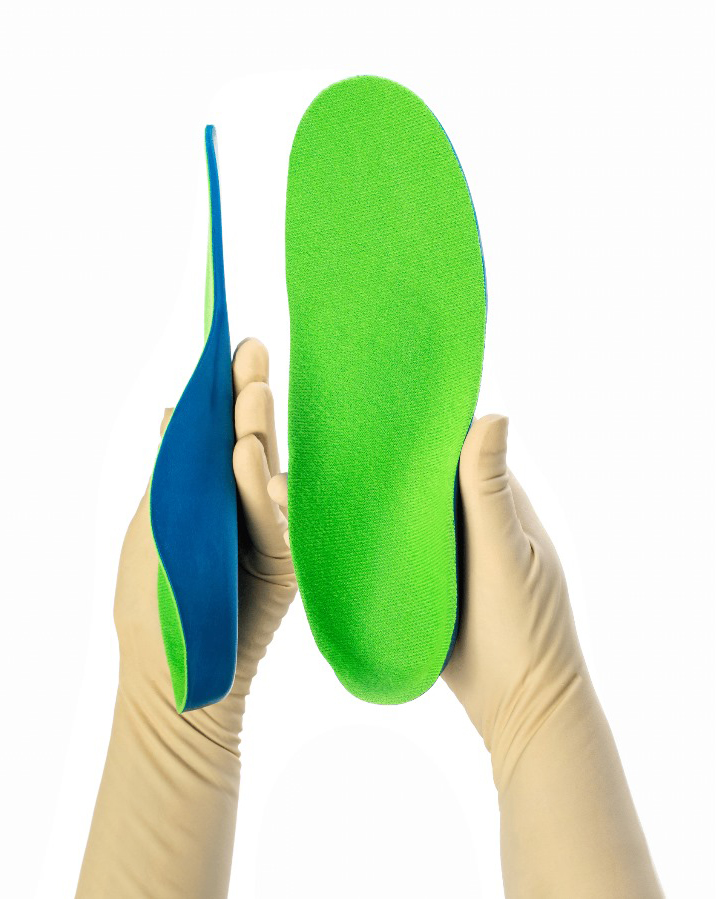Custom Orthotics
Custom Orthotics
Custom orthotics are specially crafted shoe inserts designed to address various foot and lower limb issues, providing support, stability, and alignment. They are prescribed and customized by healthcare professionals such as podiatrists, orthopedic surgeons, or physiotherapists to meet the specific needs of individual patients. These orthotics are typically made from materials such as foam, rubber, or plastic and are tailored to the contours of the patient’s feet through a process involving a detailed assessment, measurement, and molding of the foot.
Here’s an overview of how custom orthotics are typically prescribed and fabricated:
- Assessment: The healthcare professional conducts a thorough assessment of the patient’s feet, gait (walking pattern), and lower limb alignment. This may involve observing the patient walking or running, analyzing foot structure, and identifying any biomechanical issues contributing to pain or discomfort.
- Prescription: Based on the assessment findings, the healthcare professional determines the type of custom orthotic needed to address the patient’s specific condition or symptoms. Orthotics can be designed to provide support for flat feet, correct foot deformities, alleviate pressure points, or improve overall foot function and alignment.
- Casting or Scanning: To create custom orthotics, a mold or impression of the patient’s feet is taken. This can be done using various methods, including plaster casting, foam impression boxes, or digital scanning technology. The goal is to capture the unique shape and contours of the feet to ensure a precise fit.
- Fabrication: Once the mold or scan is obtained, the custom orthotics are fabricated using specialized materials and manufacturing techniques. The orthotics are carefully crafted to match the specifications of the patient’s prescription, including arch support, cushioning, and corrective features as needed.
- Fitting and Adjustment: After fabrication, the patient is fitted with the custom orthotics. The healthcare professional ensures that the orthotics fit comfortably inside the patient’s shoes and provide the necessary support and alignment. Adjustments may be made as needed to optimize comfort and effectiveness.
- Follow-Up: Patients are typically advised to gradually adjust to wearing custom orthotics and to report any discomfort or issues to their healthcare provider. Follow-up appointments may be scheduled to monitor progress, make further adjustments if necessary, and ensure optimal outcomes.
Custom orthotics can be beneficial for a variety of foot and lower limb conditions, including plantar fasciitis, heel pain, bunions, shin splints, and knee or hip pain. They are intended to provide support, alleviate symptoms, and improve mobility and function, contributing to overall foot health and well-being.


